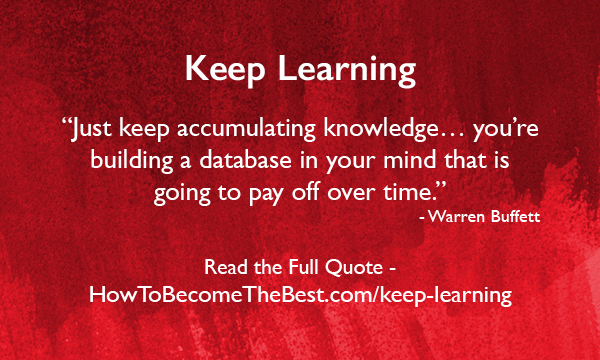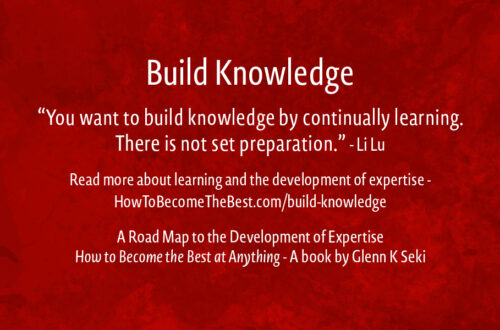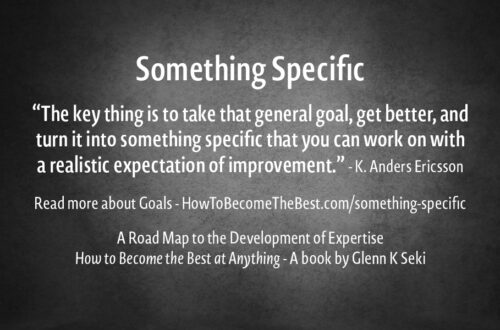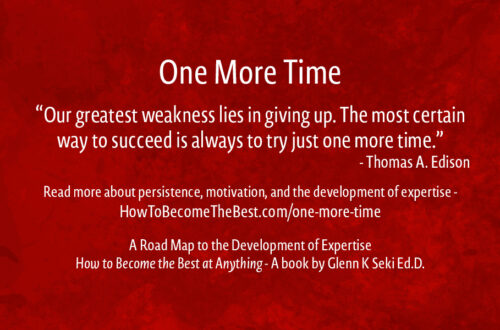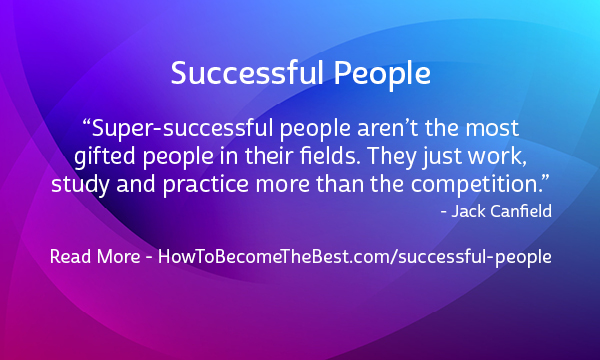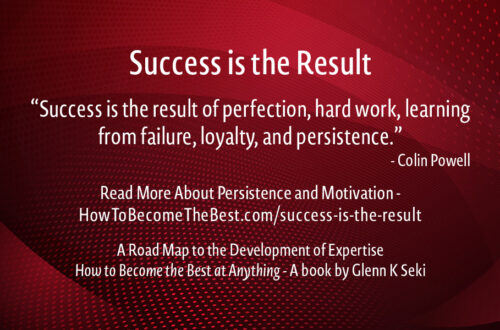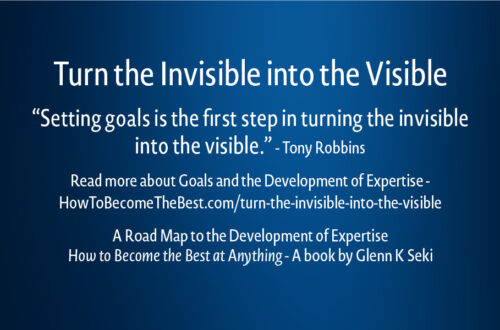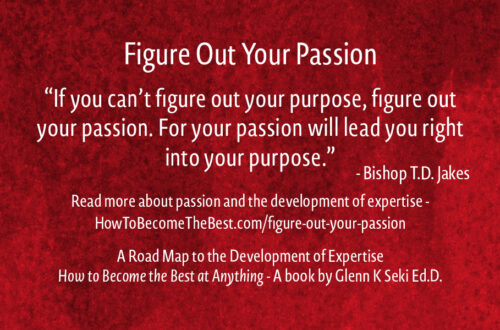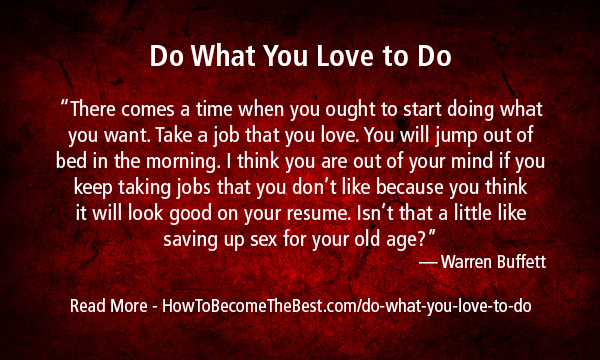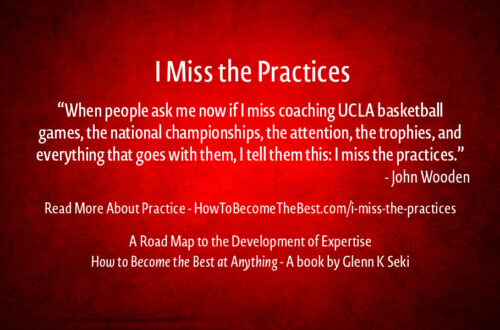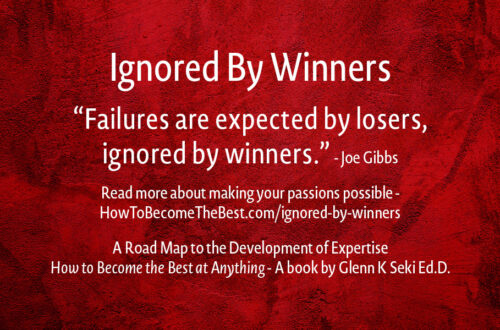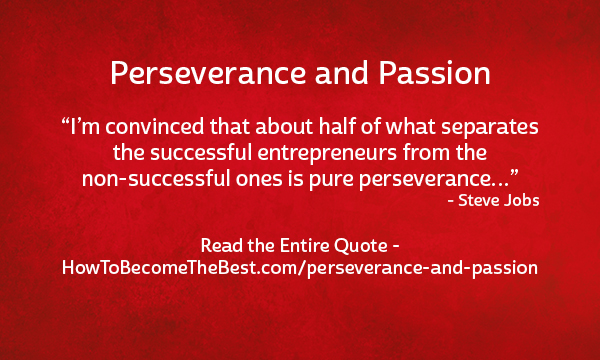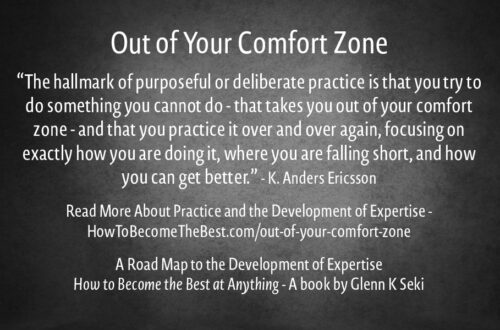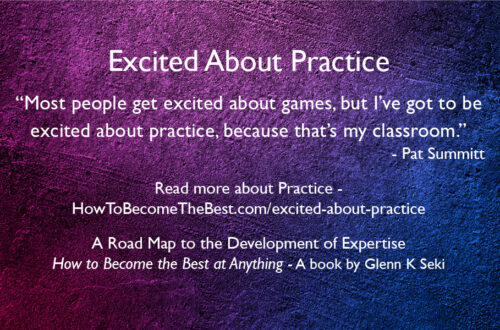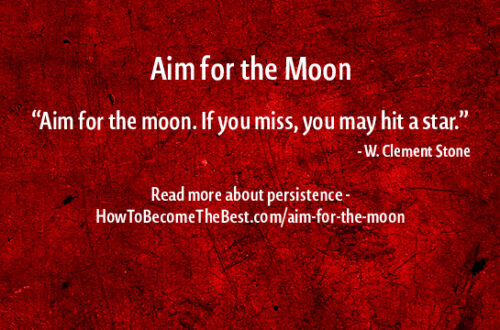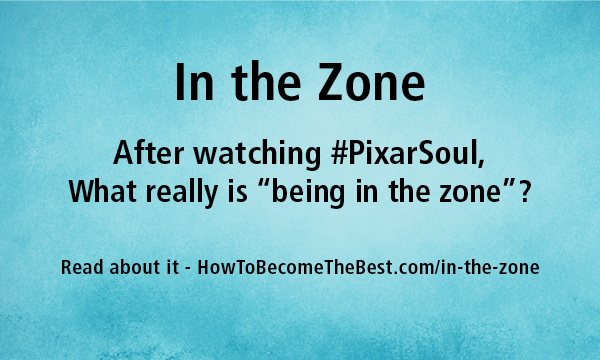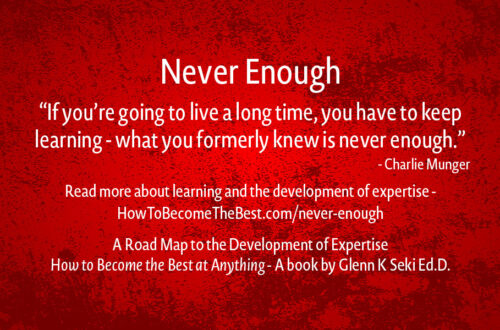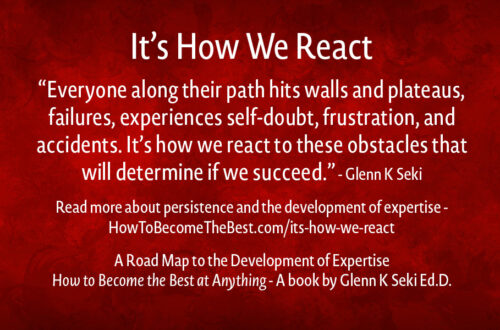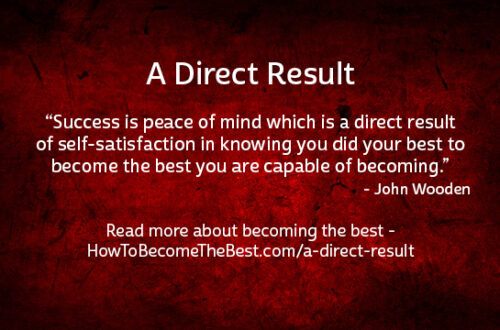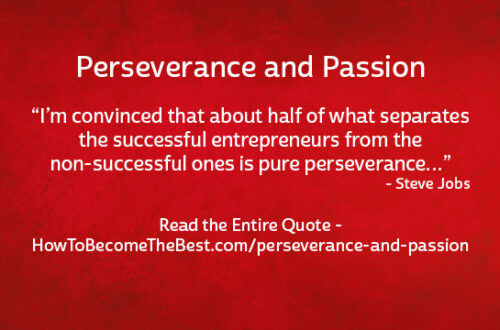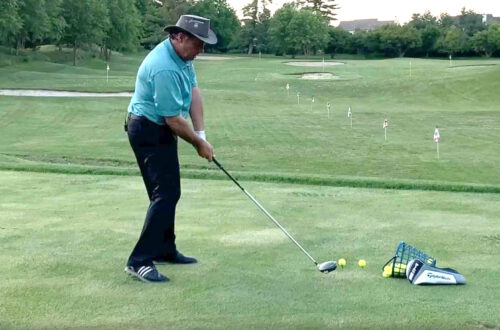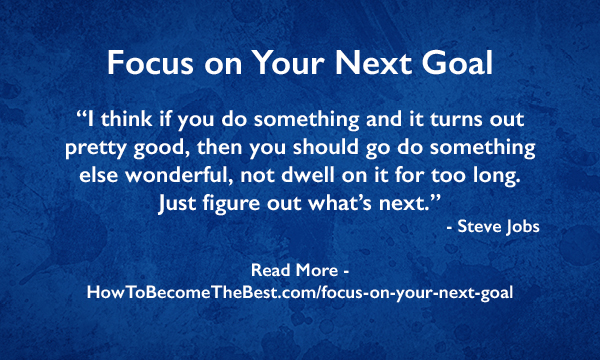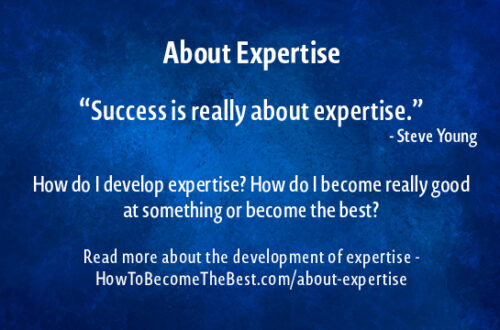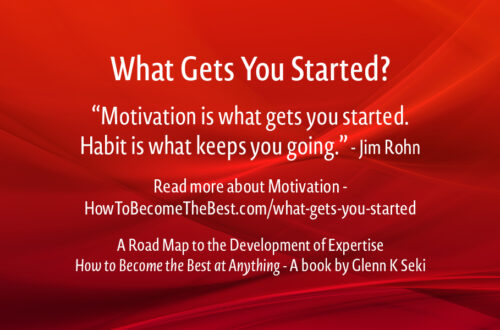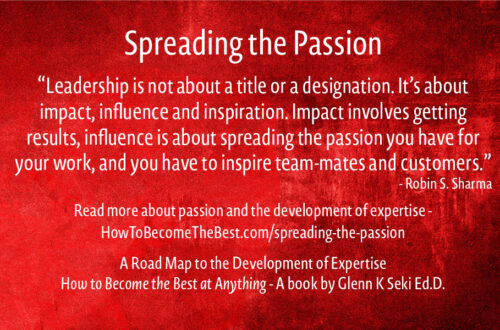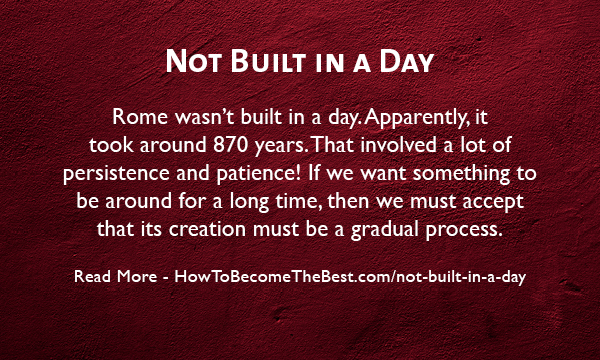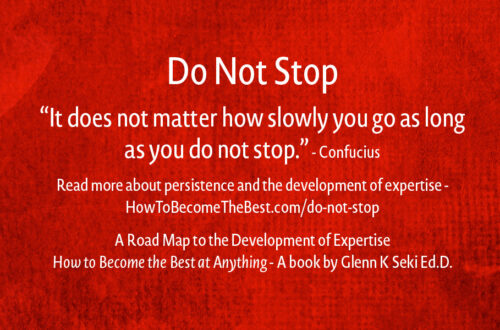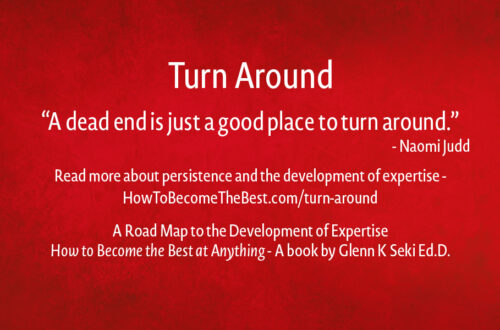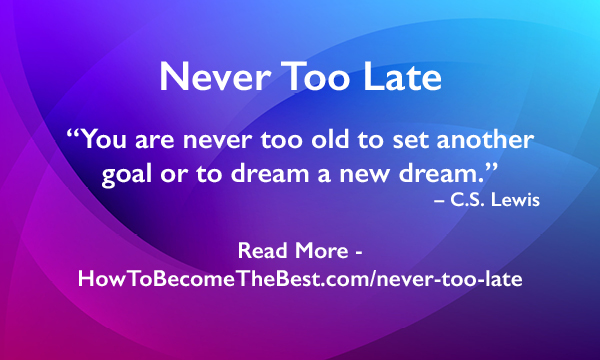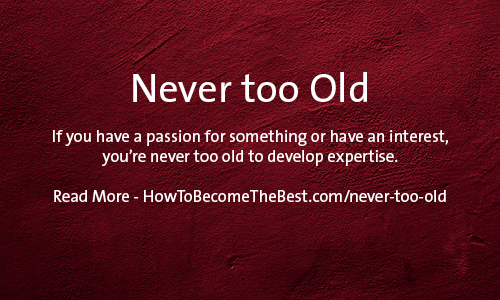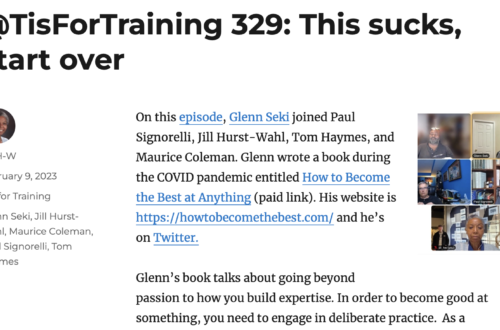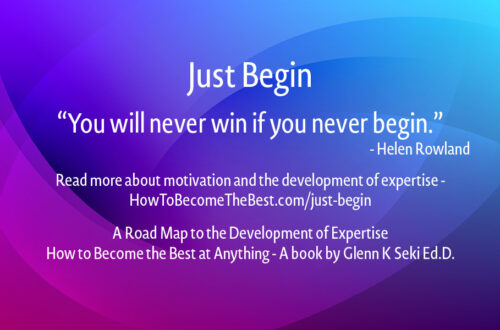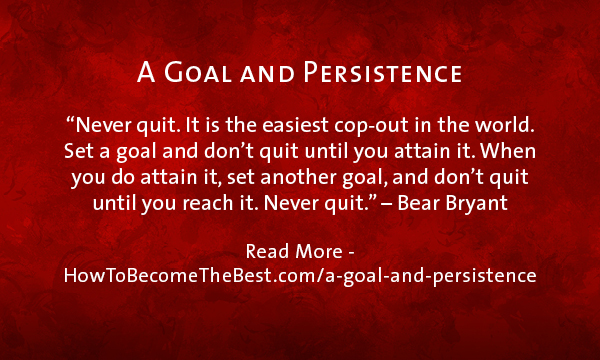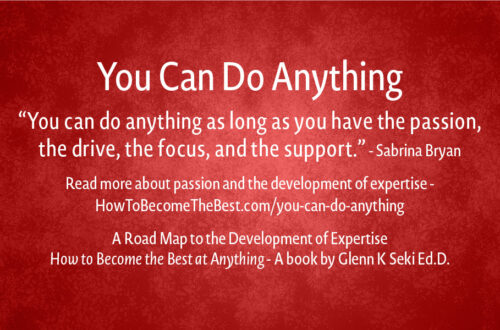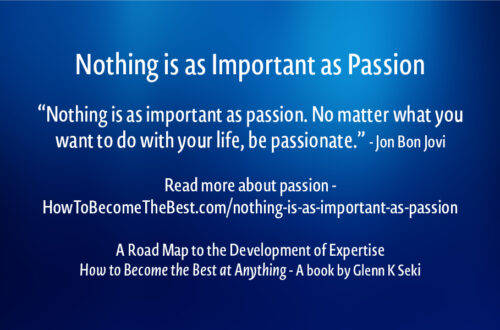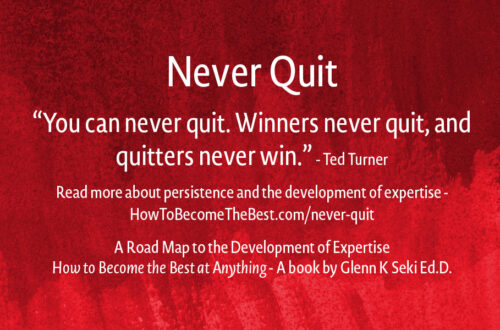“Just keep accumulating knowledge. That’s one of the beauties of the business that Charlie and I are in, is that everything is cumulative. The stuff I learned when I was 20 is useful today. Not in necessarily the same way and not necessarily every day. But it’s useful. So you’re building a database in your mind that is going to pay off over time.” – Warren Buffett *** One of the greatest secrets to Warren Buffett’s success is that he is continuously learning. Charlie Munger, the vice chairman of Buffett’s Berkshire Hathaway Corporation, once said this about his legendary colleague: “Warren Buffett has become one hell of a lot better investor…
-
-
Successful People
“Super-successful people aren’t the most gifted people in their fields. They just work, study and practice more than the competition.” – Jack Canfield *** An excerpt from How To Become The Best at Anything, Chapter 8 – Deliberate Practice and Learning “To become the best takes practice, lots and lots of practice. It takes about 10,000 hours of practice to get really good at something and not just any type of practice, deliberate practice. Deliberate practice is practicing at getting better every time you practice. Note: The number of hours you will need to practice from the start of your journey may vary depending on the area/domain and how much…
-
Do What You Love to Do
“There comes a time when you ought to start doing what you want. Take a job that you love. You will jump out of bed in the morning. I think you are out of your mind if you keep taking jobs that you don’t like because you think it will look good on your resume. Isn’t that a little like saving up sex for your old age?” — Warren Buffett *** So, what is your passion? An excerpt from – How to Become the Best at Anything, Chapter 1, Passion and Interest “What is your passion? What are you passionate about? Are you passionate about a sport, say basketball, or…
-
Perseverance and Passion
“I’m convinced that about half of what separates the successful entrepreneurs from the non-successful ones is pure perseverance. It is so hard. You put so much of your life into this thing. There are such rough moments in time that I think most people give up. I don’t blame them. It’s really tough and it consumes your life. If you’ve got a family and you’re in the early days of a company, I can’t imagine how one could do it. I’m sure it’s been done, but it’s rough. It’s pretty much an 18-hour day job, seven days a week for a while. Unless you have a lot of passion about…
-
In the Zone
After watching #PixarSoul, what really is “being in the zone”? Definitions – A mental state of focused concentration on the performance of an activity, in which one dissociates oneself from distracting or irrelevant aspects of one’s environment. In psychology, a flow state, is the mental state in which a person performing some activity is fully immersed in a feeling of energized focus, full involvement, and enjoyment in the process of the activity. A tunnel-vision phenomenon reported by athletes, creatives, and psychologists alike as a hyper-focused, sometimes spiritual, state of mind where anything is possible. It’s where we become our most productive, creative, and powerful selves. In his autobiography, Second Wind,…
-
Read and Think
“Read 500 pages…every day. That’s how knowledge works. It builds up, like compound interest. All of you can do it, but I guarantee not many of you will do it.” – Warren Buffett *** “I insist on a lot of time being spent, almost every day, to just sit and think,” Mr. Buffet said. He continued: “That is very uncommon in American business. I read and think. So I do more reading and thinking, and make less impulse decisions than most people in business.” “On the other hand, you have the possibility to read at least 30 pages every day.” By setting this more modest goal and sticking to it,…
-
Focus on Your Next Goal
“I think if you do something and it turns out pretty good, then you should go do something else wonderful, not dwell on it for too long. Just figure out what’s next.” – Steve Jobs “The above statement outlines the importance of setting fresh goals to make sure that you keep up the momentum in your career. If you get distracted by your current achievements, you might lose sight of exciting opportunities and long-term ambitions. Jobs certainly never let the dust settle on his achievements. He had already achieved fame and wealth by 1977, just a year after co-founding Apple. He then continued to seek out and develop new ideas,…
-
Not Built in a Day
Rome wasn’t built in a day. Apparently, it took around 870 years. That involved a lot of persistence and patience! If we want something to be around for a long time, then we must accept that its creation must be a gradual process. *** Persistence – a key element in the development of expertise. “Keep practicing no matter what. It will take years, you know this, so you have to keep practicing. You have to keep practicing getting better every time you practice. This is a very hard thing to do. You will get tired, bored, and frustrated. It is hard to keep your focus while practicing. I heard a…
-
Never Too Late
“You are never too old to set another goal or to dream a new dream.” – C.S. Lewis There is no such thing as being too old to change your life and set new goals and dreams for yourself. Nelson Mandela was 75 years old when he was the oldest elected president of South Africa. Dimitrion Yordandis was 98 years old when he finished a 26 mile marathon on October 10th, 1976. Don’t ever say you are too old. Read more about never being too old – HowToBecomeTheBest.com/never-too-old
-
A Goal and Persistence
“Never quit. It is the easiest cop-out in the world. Set a goal and don’t quit until you attain it. When you do attain it, set another goal, and don’t quit until you reach it. Never quit.” – Bear Bryant If you are passionate about a goal or dream of yours then don’t stop until you achieve it. Do whatever it takes. Persisting in the face of adversity is what builds champions. *** Goals for Practice “When you are planning a practice session, set a specific goal for that particular practice. Just like setting your ultimate goal, set your practice goals the same way. You know your starting point (current…
